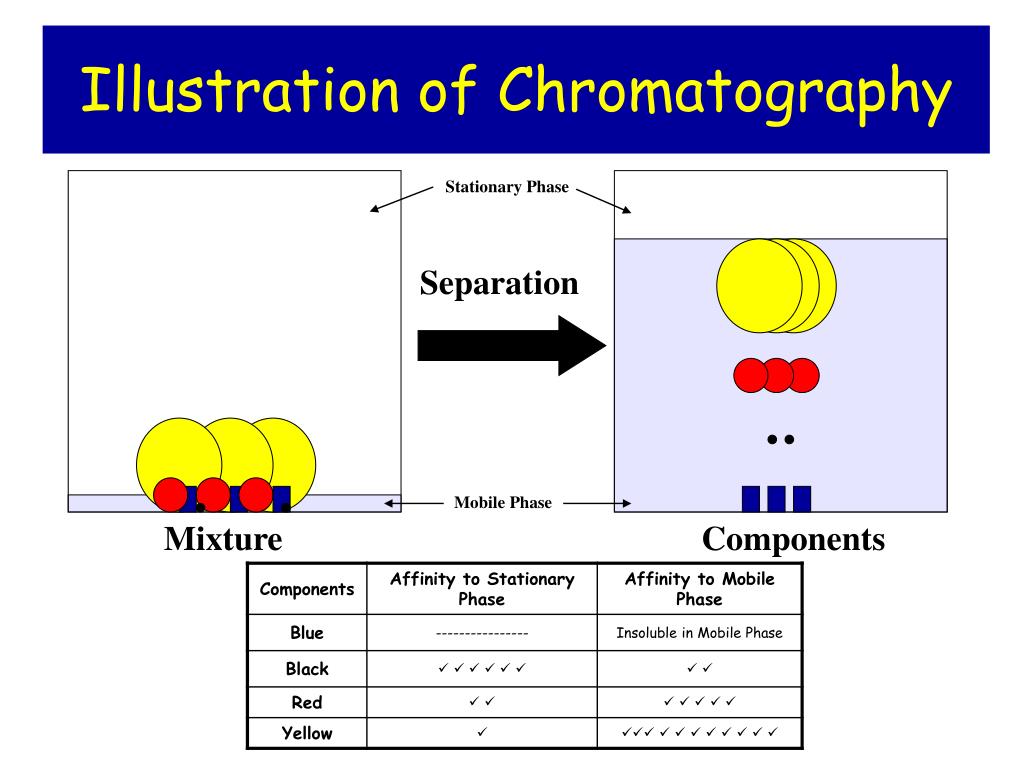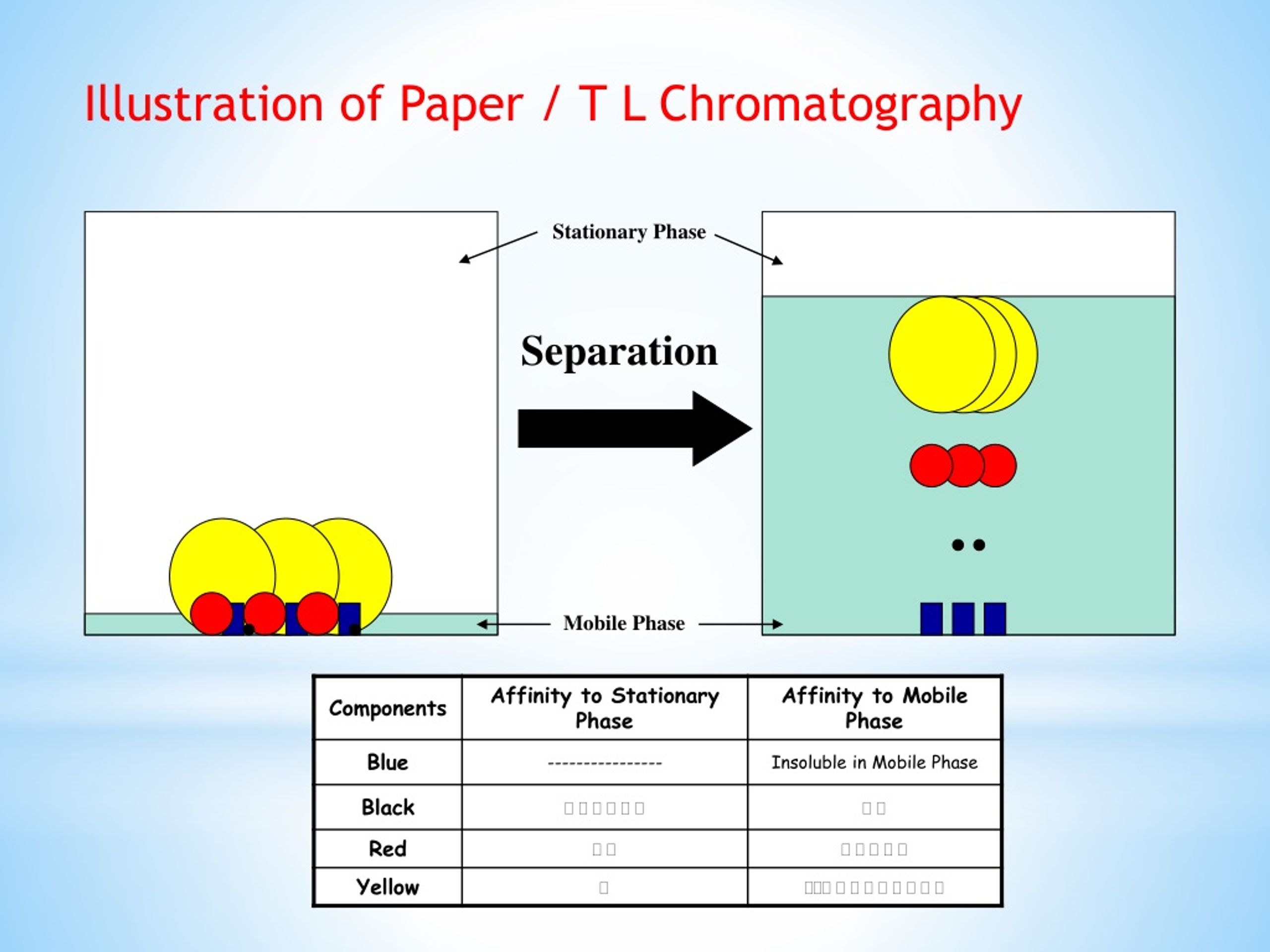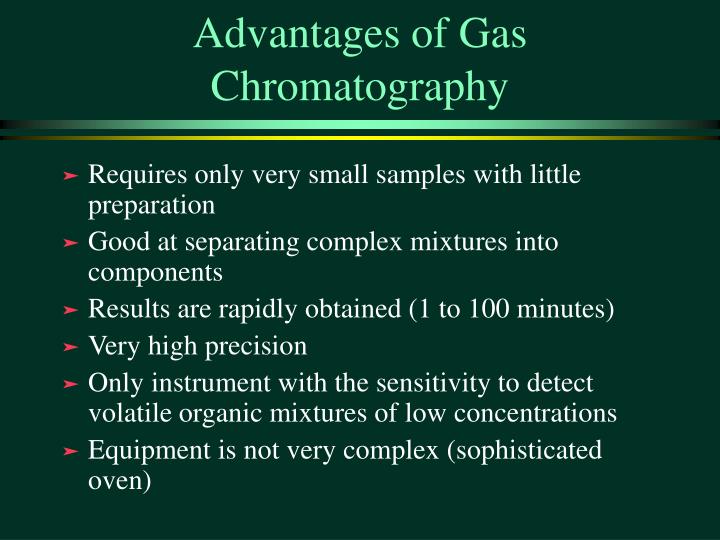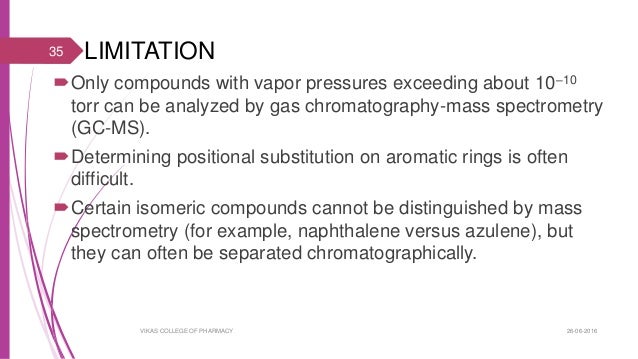Stationary Mobile Phase And Application Of Gas Chromatography Presentation
| Introduction to Stationary Mobile Phase and Gas Chromatography | ||
|---|---|---|
| Stationary mobile phase is a crucial concept in gas chromatography (GC). GC is a widely used analytical technique for separating and analyzing volatile compounds. The stationary mobile phase refers to the immobile phase in the column that interacts with the mobile phase, allowing for compound separation. | ||
| 1 | ||
| Types of Stationary Mobile Phases | ||
|---|---|---|
| The stationary mobile phase in GC can be either solid or liquid. Solid stationary mobile phases include materials like silica gel, molecular sieves, and alumina. Liquid stationary mobile phases are commonly known as stationary liquid phases (SLPs) and are usually coated onto a solid support. | ||
| 2 | ||
| Applications of Gas Chromatography | ||
|---|---|---|
| GC is extensively used in environmental analysis to detect and quantify pollutants in air, water, and soil samples. It is widely applied in the pharmaceutical industry for drug analysis, purity testing, and quality control. GC is employed in forensic science for identification and analysis of volatile compounds in crime scene investigations. | ||
| 3 | ||
| Advantages of Gas Chromatography | ||
|---|---|---|
| High separation efficiency: GC provides excellent resolution and separation of complex mixtures. Sensitivity: It can detect trace amounts of compounds, even at parts-per-billion or parts-per-trillion levels. Versatility: GC can be utilized for a wide range of compound classes, including volatile organic compounds, pesticides, and drugs. | ||
| 4 | ||
| Limitations of Gas Chromatography | ||
|---|---|---|
| Limited volatility range: GC is not suitable for analyzing compounds with low volatility or those that decompose at high temperatures. Non-volatile compounds require derivatization for analysis by GC. Large sample sizes may cause column overload, resulting in peak broadening and loss of resolution. | ||
| 5 | ||
| Conclusion | ||
|---|---|---|
| Stationary mobile phase plays a vital role in gas chromatography by facilitating compound separation. GC finds extensive applications in various industries, including environmental analysis, pharmaceuticals, and forensic science. Despite its limitations, GC remains a powerful analytical technique due to its high separation efficiency, sensitivity, and versatility. | ||
| 6 | ||





